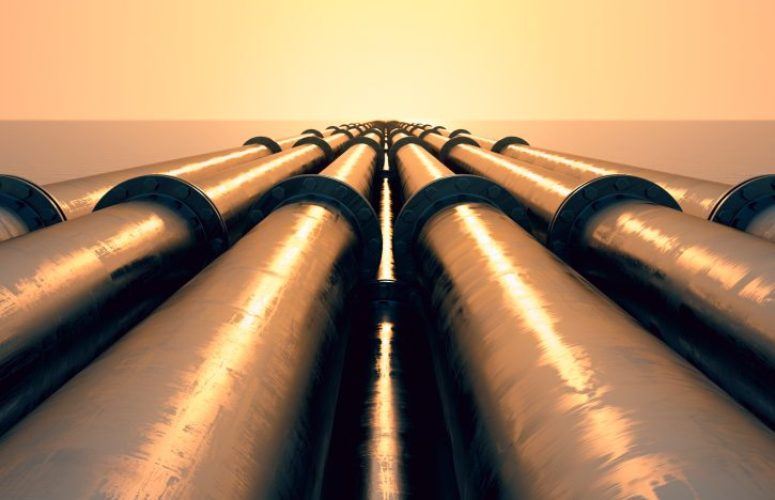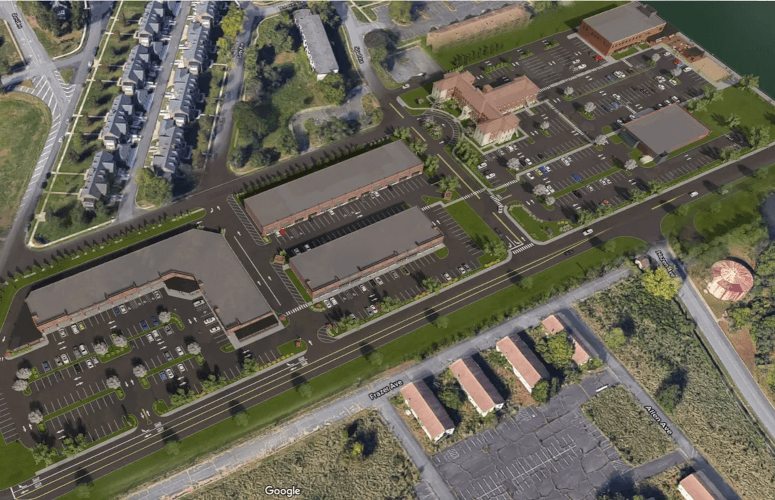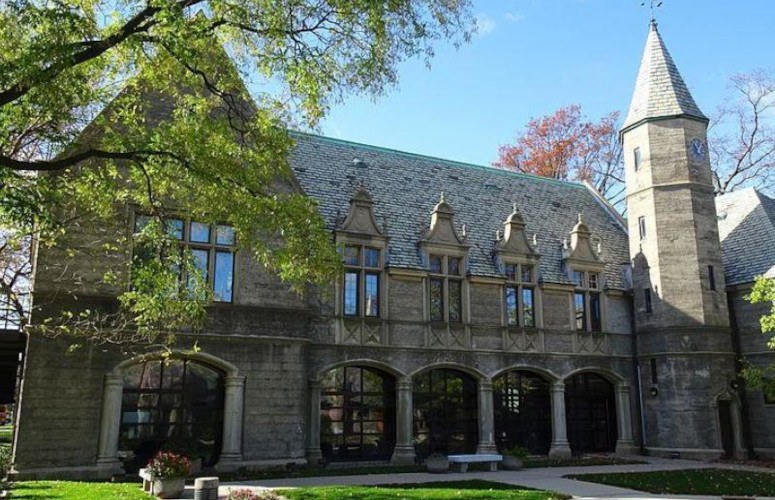
PSE&G Approved to Continue Modernizing Gas System
On Oct 11, 2023The New Jersey Board of Public Utilities today approved a settlement that will enable PSE&G to continue modernizing aging natural gas pipes in 2024 through 2025, enhancing safety and reliability and helping New Jersey meet its clean energy goals. With this extension of the second phase of PSE&G’s Gas System Modernization Program (GSMP), the state’s largest utility expects to invest $902 million over two years, maintaining hundreds of well-paying jobs and contributing to New Jersey’s economy.
The extension allows PSE&G to continue to update its existing gas distribution system to improve reliability and reduce greenhouse gas emissions by approximately 54,000 metric tons CO2e, by replacing at least 400 miles of aged pipes with modern ones. Although nearly 1,800 miles of cast iron and unprotected steel mains have been replaced in recent years, PSE&G remains the nation’s utility with the largest number of aging cast iron pipes, much of which is 70 to 100 years old.
“Continuing this work that reduces methane emissions and enhances the reliability of our gas system is a critical step to realizing our Powering Progress vision for customers,” said Kim Hanemann, president and chief operating officer, PSE&G. “Natural gas has been the most affordable heating option for millions of New Jersey customers for years. We’re pleased to continue our balanced approach to decarbonization while meeting today’s energy demand.”
The benefits of GSMP include:
- Prioritizing and replacing pipelines most prone to leaks, including many in municipalities that have a significant number of overburdened communities;
- Maintaining the infrastructure through upgraded equipment, such as modern regulators and the installation of excess flow valves, with the aim of enhancing safety;
- Upgrading to higher pressure during replacement enabling customer use of higher efficiency and more environmentally-friendly appliances;
- Immediate reduction of leaks by installation of new pipes that can also deliver emerging lower-carbon alternative fuels;
- Ensuring our customers’ power sources remain affordable and diversified; and
- Realizing the benefits of maintaining jobs and vendor relationships through the continuity of the program.
In 2014, PSE&G began to accelerate the updating of its gas system by replacing aged pipes with state-of-the-art gas lines. We are about a third done, having replaced 1,450 miles of gas lines. We have also reduced methane emissions by approximately 300,000 metric tons CO2e from 2011 to 2022 – the equivalent of taking 65,000 cars off the road. The second phase of GSMP was completed earlier this year and reduced PSE&G’s gas system methane emissions by approximately 22% from 2018 levels.
The updated lines are also more reliable. When Tropical Storm Ida caused widespread flooding in September 2021, 90,000 gas customers were spared shutoffs due to our modernizing efforts.
PSE&G residential gas bills are now approximately 35% lower than in 2008, including February 1, March 1 and October 1 gas supply price reductions reflecting lower natural gas supply costs. The extension is forecasted to increase monthly average gas bills for the typical residential gas customer about 3.8% or $3.50 per month.
As part of this settlement, PSE&G also agreed to defer action on its third phase of GSMP, with the parties to that filing to reconvene on it by no later than January 31, 2025. Work covered under the third phase, if approved, would be expected to commence in January 2026.
To access more business news, visit NJB News Now.
Related Articles:





